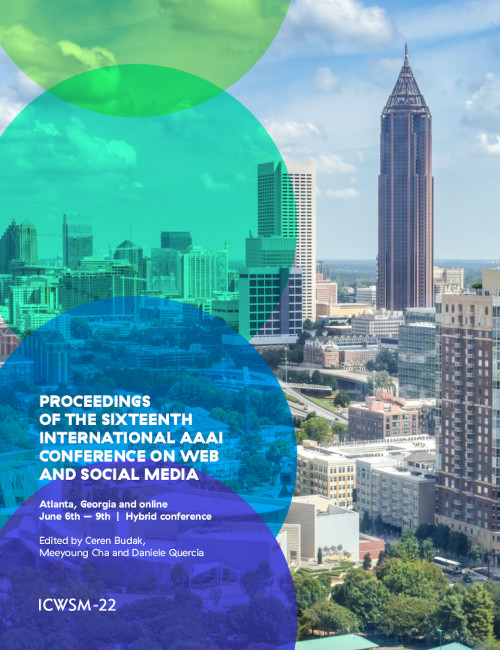Post Approvals in Online Communities
DOI:
https://doi.org/10.1609/icwsm.v16i1.19296Keywords:
Organizational and group behavior mediated by social media; interpersonal communication mediated by social media, Qualitative and quantitative studies of social media, Engagement, motivations, incentives, and gamification., Human computer interaction; social media tools; navigation and visualizationAbstract
In many online communities, community leaders (i.e., moderators and administrators) can proactively filter undesired content by requiring posts to be approved before publication. But although many communities adopt post approvals, there has been little research on its impact on community behavior. Through a longitudinal analysis of 233,402 Facebook Groups, we examined 1) the factors that led to a community adopting post approvals and 2) how the setting shaped subsequent user activity and moderation in the group. We find that communities that adopted post approvals tended to do so following sudden increases in user activity (e.g., comments) and moderation (e.g., reported posts). This adoption of post approvals led to fewer but higher-quality posts. Though fewer posts were shared after adoption, not only did community members write more comments, use more reactions, and spend more time on the posts that were shared, they also reported these posts less. Further, post approvals did not significantly increase the average time leaders spent in the group, though groups that enabled the setting tended to appoint more leaders. Last, the impact of post approvals varied with both group size and how the setting was used, e.g., group size mediates whether leaders spent more or less time in the group following the adoption of the setting. Our findings suggest ways that proactive content moderation may be improved to better support online communities.Downloads
Published
2022-05-31
How to Cite
Horta Ribeiro, M., Cheng, J., & West, R. (2022). Post Approvals in Online Communities. Proceedings of the International AAAI Conference on Web and Social Media, 16(1), 335-346. https://doi.org/10.1609/icwsm.v16i1.19296
Issue
Section
Full Papers

